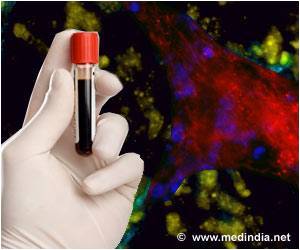
Bacterial pathogens, such as MRSA, cause disease in part due to toxicity, or the bacterium's ability to damage a host's tissue. In a study published online in Genome Research, researchers used the genome sequence of MRSA to predict which isolates were highly toxic, thus potentially personalizing the treatment of individual MRSA infections.
To study MRSA's toxicity, "the standard approach has always been to focus on a single or small number of genes and proteins," said lead author Ruth Massey, from the University of Bath. However, this has not always been successful because toxicity is a complex trait encoded by many genetic loci.
In this new study, the authors used whole genome sequences from 90 MRSA isolates to identify over 100 genetic loci associated with toxicity. Despite belonging to the same ST239 clone, the isolates varied greatly in toxicity.
Importantly, the highly toxic isolates shared a common genetic signature. By looking for this signature in the MRSA genome, the researchers were able to predict which isolates were the most toxic and thus more likely to cause severe disease when used to infect mice.
"As the cost and speed of genome sequencing decreases, it is becoming increasingly feasible to sequence the genome of an infecting organism," said Massey. In a clinical setting, sequencing may be useful for deciding the course of MRSA treatment. For example, a clinician may treat a highly toxic infection more aggressively, including prescribing certain antibiotics known to reduce toxin expression. The patient also may be monitored more closely for complications and isolated from others to help control the spread of infection.
Advertisement
Source-Eurekalert











